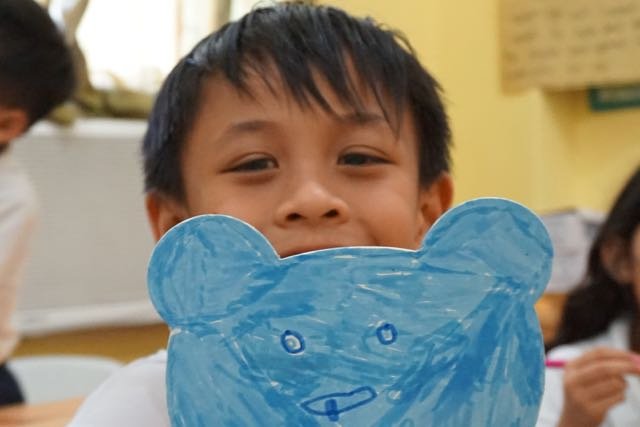Conducting Focus Groups with Children and Youth
At ACET, we've conducted a number of focus groups with children and youth ranging in age from grades 2nd to 12th grade. As young people’s voices and opinions are more respected and listened to in our society, evaluation is shifting from “evaluation on children” to “evaluation with children.” Focus groups are a great source of qualitative data; however, children’s development and energetic nature can pose obstacles for evaluators.
If you’re planning on performing a focus group with young people, take a look at these three tips:
1. Plan accordingly. Focus groups with children require extensive planning. Carefully devise questions that will allow for sufficient answers. Be mindful of participant ages. Young children will not remain focused for as long as older children. Young children also think more concretely, while older children think more abstractly and have longer attention spans.[1] Children in the same focus group should be no more than two years apart in age, and children who know each other may have a pre-established social hierarchy that may impede on some children opening up in fear of being made fun of. However, in some cases, children are more likely to speak up with a friend present for support.
2. Assess resources. Once the groups have been made, create focus group teams with 2-3 members: a moderator and a note-taker. The ideal moderator will have experience with children and is fun, adaptable, and creative. The moderator also will understand child development to ensure age-appropriate language and questions, so children feel comfortable and heard.
3. Design appropriate content. When the focus group begins, spend time having the children and focus group team get to know each other with light and easy questions to build rapport. Once children are comfortable, begin asking questions. Active engagement such as posters, stickers, and drawings are great tools to maintain participation. You also could create youth-led evaluations, which is another approach. See ACET’s blog on the American Evaluation Association’s website about engaging youth to improve program quality: https://aea365.org/blog/lawg-week-engaging-youth-to-improve-program-quality-by-stella-siwan-zimmerman/?utm_source=feedburner&utm_medium=email&utm_campaign=Feed%3A+aea365+%28AEA365%29&fbclid=IwAR1l_DGZFJfwKNfpLPZPFXFVm4PsSTAY032ZQUuHLmsGkZHMV4ZHkJWCBUM
At ACET, we can assist you with planning and implementing focus groups for children and youth. We also can help you with data management and dissemination. If you’re interested in having ACET assist you with children and youth focus groups, please contact us at info@acetinc.com. We offer a free initial consultation!
[1] Kelly, Leanne. (2013). Conducting focus groups with child participants. Developing Practice: The Child, Youth and Family Work Journal. 78. 1445-6818. (This journal article guided the creation of this post.)

